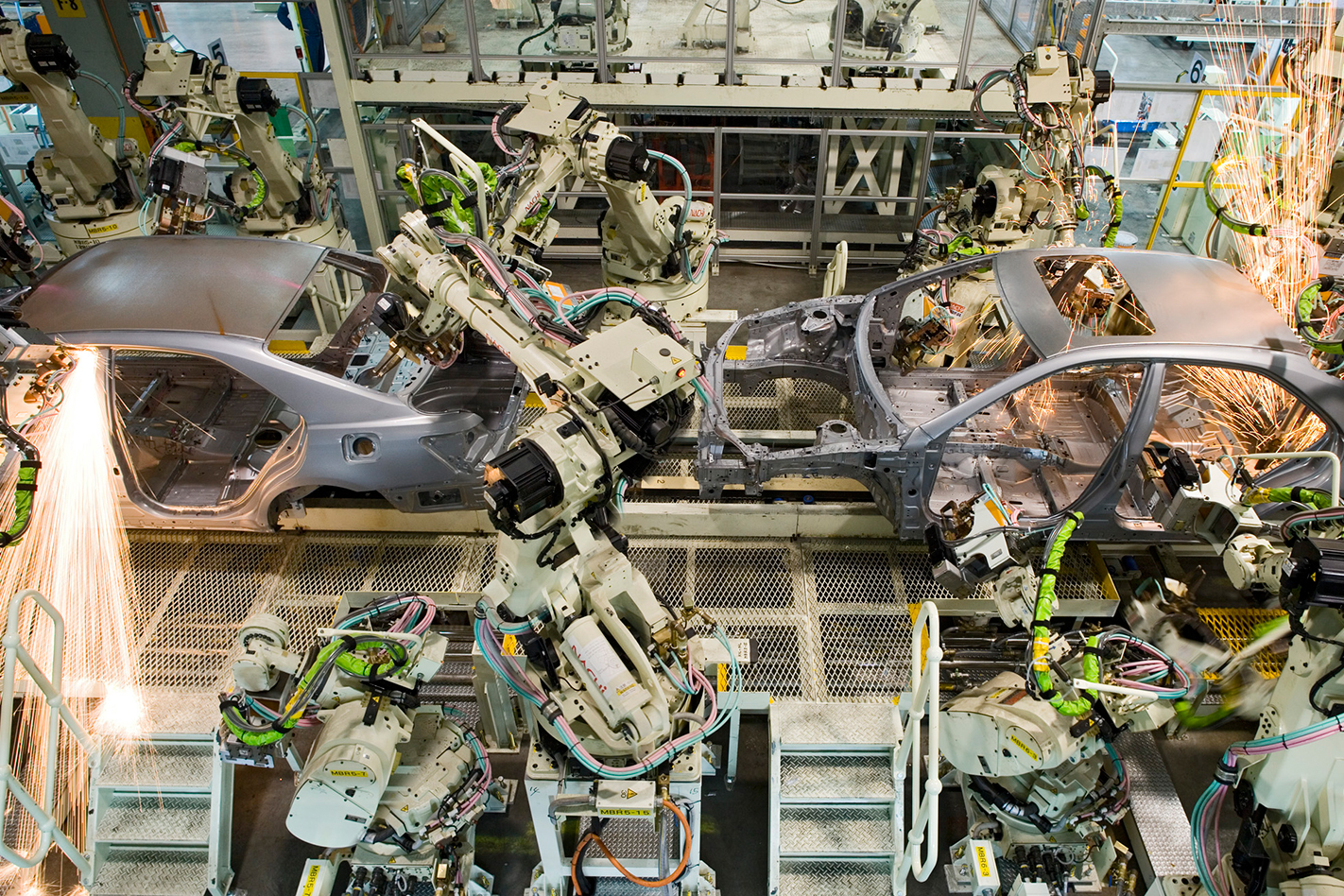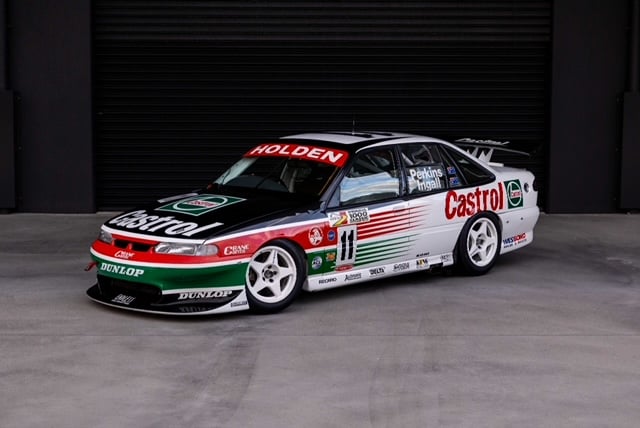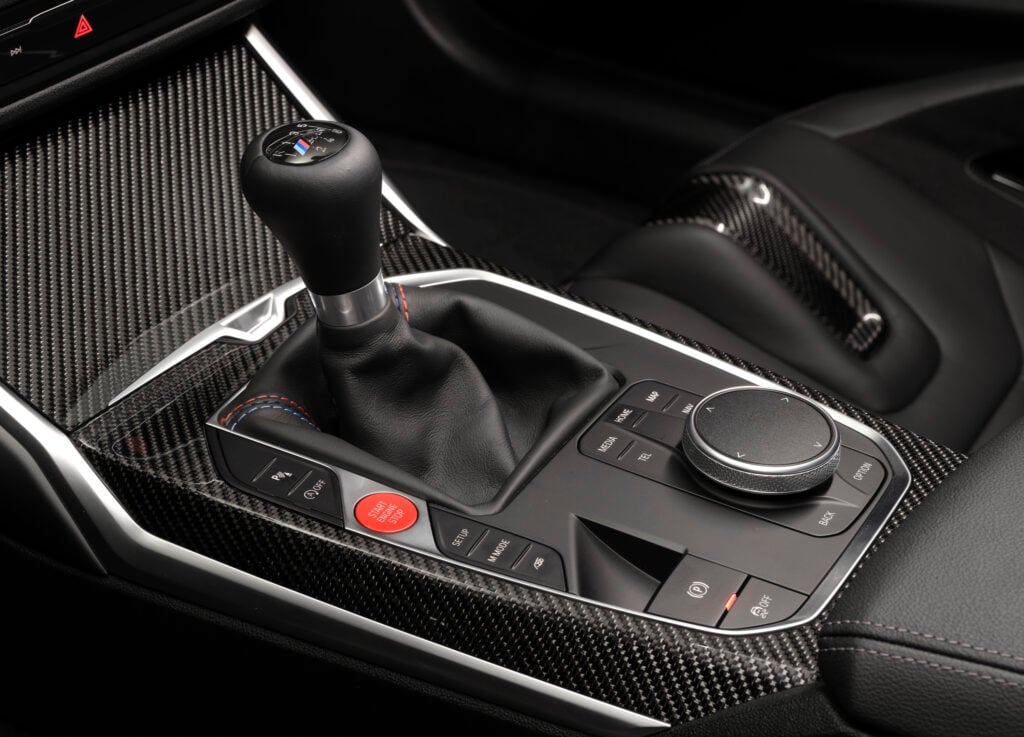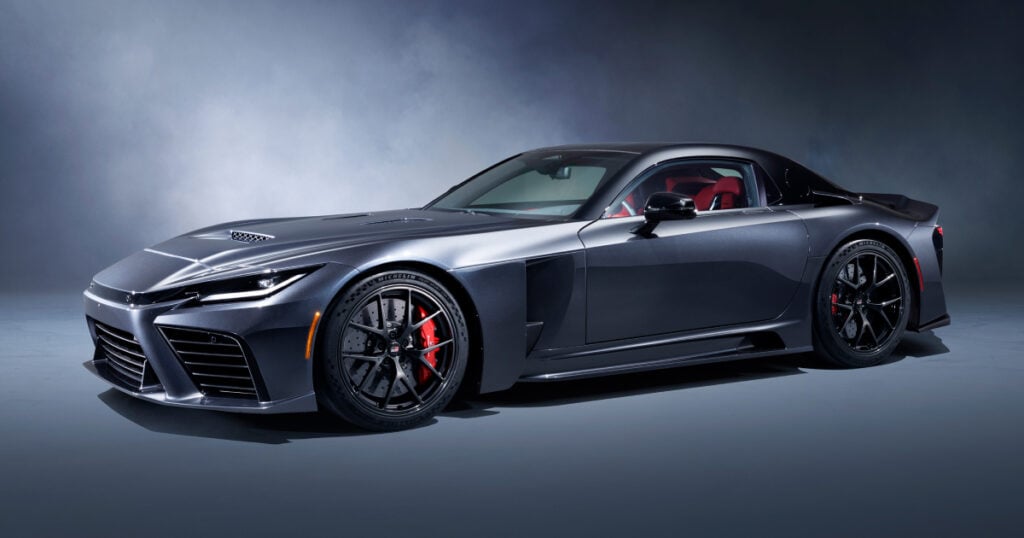CAR buyers expecting a windfall in the showroom after today’s repeal of the carbon tax had better take stock – they’re unlikely to see a single cent of benefit.
This is because Holden and Ford had not been subject to the tax in the first place, while Toyota Australia – the only car maker to be slugged with the extra cost – had absorbed it from the outset and therefore will not pass on the savings.
Toyota told Wheels today that the carbon tax had added $121 per car produced in Australia, but that had not been able to pass this on to consumers since the tax was introduced two years ago.
The carbon tax, introduced under the Julia Gillard-led Labor government in 2012, was officially repealed today with the support of Palmer United Party senators who had blocked an earlier attempt to pass the legislation.
The tax had scooped up almost 300 of Australia’s heaviest polluters, including Toyota.
The price of carbon was initially set at $23 a tonne, rising to $25.40, and was to have let market forces determine its levels from the 2015-16 financial year on. “The carbon tax added approximately $121 to the cost of each of our locally built vehicles,” Toyota Australia media and corporate affairs manager Beck Angel said. “However, given the competitive and price-sensitive nature of the Australian market, we did not pass the additional costs onto our customers.”
The extra burden of the carbon tax was one of a number of factors that forced the Australian arm of the Japanese car-making giant to pull out of manufacturing here in late 2017, following both Ford and Holden out the same door.
Facing pressure from soaring costs that included a high Australian dollar and strong wages, Toyota announced in October last year that it had to try and cut $3800 in overheads from the production of each Camry – a strong export earner for the company with up to 80,000 vehicles sent to Middle East markets each year – in order to remain viable.
However, in February this year it announced that it could not make a business case to keep building the four-cylinder Camry, petrol-electric Camry Hybrid and V6-engined Aurion beyond 2017.






